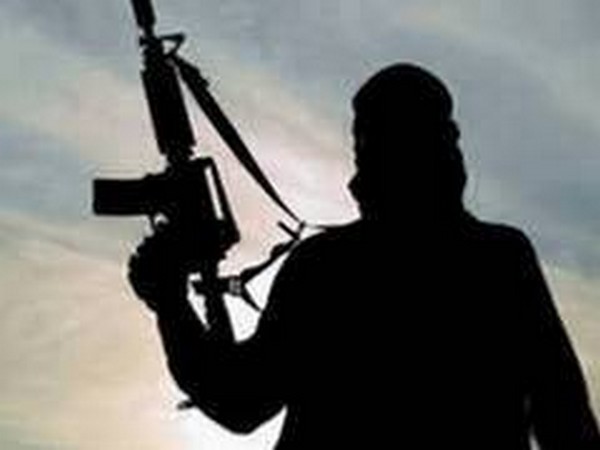New Orleans Attack: A Stark Reminder of Lone Wolf Threats
The New Orleans attack on January 1, 2025, highlights the persistent lone wolf threat inspired by extremist Islamist ideologies. Shamsud-Din Jabbar, a US Army veteran, carried out the attack, pledging loyalty to the Islamic State. This signifies the group's continuing influence despite losing territorial control.

- Country:
- United States
The recent attack in New Orleans on January 1, 2025, underscores the ongoing threat posed by lone wolf actors inspired by extremist Islamist groups. The incident, which occurred in the bustling French Quarter, was orchestrated by Shamsud-Din Jabbar, a U.S. Army veteran. Authorities revealed that Jabbar had pledged allegiance to the Islamic State in online videos posted just before the attack, highlighting the influential reach of extremist online propaganda.
Jabbar's actions recall the deadly impact of similar assaults, such as the 2017 truck attack in New York City. This pattern continues to worry experts who track the lingering ideological influence of dismantled groups like the Islamic State, whose call to action perseveres despite the loss of physical territories in Iraq and Syria. The attack resulted in 15 deaths and many more injuries, drawing attention to the crucial need for vigilance against self-radicalized individuals who operate outside traditional terrorist networks.
As details emerge, the autonomous nature of Jabbar's attack exemplifies the unique challenge authorities face with lone actor terrorism. The New Orleans incident serves as a grave reminder of the chilling potential of radical ideology when mixed with personal grievances, demonstrating the Islamic State's ability to inspire violence far beyond its original borders.
(With inputs from agencies.)










